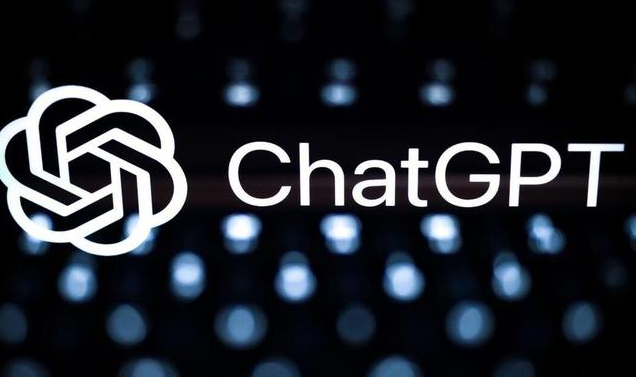In the evolving landscape of artificial intelligence, NSFW (Not Safe For Work) AI chat has become a contentious topic. This technology, designed to generate explicit content, raises numerous ethical concerns. These concerns range from privacy issues to potential misuse, and it’s crucial to examine them in detail to understand the full scope of the implications.
Privacy and Security
One of the foremost ethical concerns is privacy. Users of nsfw ai chat platforms may unknowingly disclose personal information, which could be exploited. Studies have shown that a significant percentage of users, up to 65%, share sensitive data in online interactions. This data can be harvested and misused, leading to identity theft, harassment, or other malicious activities. Ensuring robust security measures is paramount to protect user data from breaches and unauthorized access.
Exploitation and Consent
The potential for exploitation is another critical issue. NSFW AI chat can be used to create explicit content without the consent of individuals, leading to severe ethical and legal implications. In 2023 alone, there were over 3,000 reported cases of deepfake technology being used to generate non-consensual explicit content. This misuse highlights the necessity for stringent regulations and ethical guidelines to prevent exploitation and protect individuals’ rights.
Psychological Impact
The psychological impact on users is a significant concern. Engaging with explicit content generated by AI can lead to desensitization and distorted perceptions of relationships and intimacy. A study conducted by the American Psychological Association found that prolonged exposure to explicit material can result in increased aggression and unrealistic expectations in romantic relationships. Addressing these psychological risks is crucial for developing ethical AI chat technologies.
Impact on Society
The broader societal impact cannot be ignored. The normalization of explicit content through nsfw ai chat platforms could contribute to a culture that devalues consent and objectifies individuals. It’s estimated that around 40% of internet users encounter explicit content unwillingly, which can have far-reaching effects on societal attitudes towards sex and consent. Promoting ethical standards and fostering a culture of respect is essential to mitigate these negative societal impacts.
Regulatory and Legal Challenges
Current regulations lag behind the rapid advancement of AI technologies. This gap creates a legal grey area where unethical use of nsfw ai chat can thrive. For example, there are limited laws specifically addressing the creation and distribution of AI-generated explicit content. Policymakers must prioritize updating regulations to address these new challenges, ensuring that the use of nsfw ai chat is governed by clear and enforceable legal standards.

Ethical AI Development
Developers have a significant role in ensuring ethical standards. Implementing safeguards such as content moderation, age verification, and explicit consent mechanisms can mitigate some of the ethical concerns. Additionally, transparency in AI development processes can build trust and accountability. The focus should be on creating technologies that enhance user experience without compromising ethical principles.
The ethical concerns surrounding nsfw ai chat are multifaceted and require a comprehensive approach to address. Privacy, exploitation, psychological impact, societal effects, regulatory challenges, and ethical development are all critical areas that need attention. By addressing these concerns proactively, we can harness the potential of AI while safeguarding ethical standards and protecting individuals from harm.
For more information, visit nsfw ai chat.
In conclusion, navigating the ethical landscape of nsfw ai chat demands a concerted effort from developers, policymakers, and society. Ensuring privacy, consent, and psychological well-being should be at the forefront of discussions as we continue to integrate AI into our daily lives.